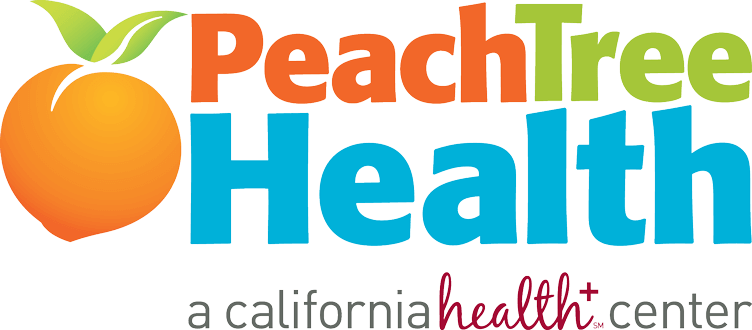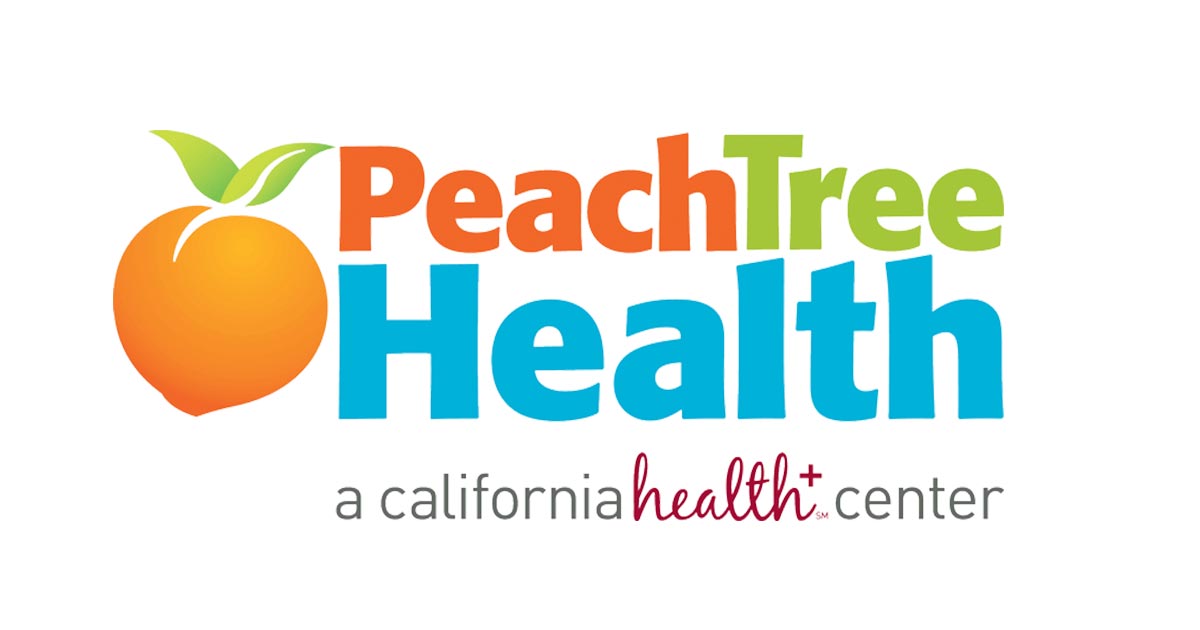Understanding Suicide Awareness: Shedding Light on the Numbers
September is Suicide Awareness Month
Introduction
Suicide is a complex and sensitive topic that demands our attention and empathy. In today’s fast-paced world, where stressors abound and mental health issues are prevalent, it’s crucial to raise awareness about suicide. By understanding the statistics surrounding suicide, we can gain insights into the magnitude of the issue and work towards preventing it.
The Global Picture
Suicide is a global concern that affects people of all ages, genders, and backgrounds. According to the World Health Organization (WHO), approximately 800,000 people die by suicide every year. This staggering number emphasizes the urgency of addressing this issue and spreading awareness to help prevent further loss of life.
Age and Gender Disparities
Suicide rates vary across different demographic groups. While both men and women can experience suicidal thoughts and behaviors, men are more likely to die by suicide. In many parts of the world, suicide rates for men are higher than those for women. This discrepancy can be attributed to various factors, including societal expectations, stigma around seeking help, and differences in coping mechanisms.
Youth and Adolescents
Among young people aged 15 to 29, suicide is the second leading cause of death globally. Adolescence is a challenging period characterized by identity formation, academic pressures, and social challenges. Coupled with the stigma associated with mental health issues, these factors can contribute to a vulnerable environment. By fostering open conversations about mental health and providing access to support, we can create a safer space for young individuals.
Mental Health Connection
Mental health conditions often play a significant role in suicide. Conditions such as depression, anxiety, bipolar disorder, and schizophrenia can increase the risk of suicidal thoughts and actions. Recognizing the signs of these conditions and promoting mental health awareness is essential to prevent suicide. Seeking professional help and building a strong support network can make a positive impact on individuals struggling with their mental health.
LGBTQ+ Community
Members of the LGBTQ+ community face unique challenges that can contribute to higher rates of suicide. Discrimination, prejudice, and lack of acceptance from society or even within their families can take a toll on mental health. Studies suggest that LGBTQ+ individuals are at a higher risk of suicide attempts compared to the general population. Creating inclusive environments and providing resources for support can help alleviate this risk.
The Role of Social Media
In the digital age, social media can both connect and isolate individuals. While it can be a platform for spreading awareness and support, it can also exacerbate feelings of loneliness and inadequacy. Cyberbullying and the constant comparison to curated online personas can negatively impact mental health. Striking a balance between online and offline interactions and promoting digital well-being is crucial.
Prevention and Support
Suicide awareness goes hand in hand with prevention and support. It’s important to remember that even small acts of kindness can make a difference in someone’s life. If you suspect someone is struggling, reach out, and listen without judgment. Encourage them to seek professional help and provide information about available resources.
Conclusion
Raising awareness about suicide through understanding statistics is a vital step toward prevention. By acknowledging the global impact of suicide, recognizing vulnerable populations, addressing mental health, and fostering supportive communities, we can work together to reduce the stigma surrounding this issue. Every individual has a role to play in spreading empathy, compassion, and awareness, ultimately saving lives.
Peach Tree Health offers Behavioral Health Support (Mental Health Therapy + Substance Use Treatment) – you can learn more about our services here: https://pickpeach.org/behavioral-health/
You can schedule an appointment for therapy without being a Peach Tree patient at (530) 749-3242
Psychiatric Medication Support Services require you to be a Peach Tree Health primary care patient.
Call or Text 988 if you need help NOW. https://988lifeline.org/current-events/the-lifeline-and-988/

